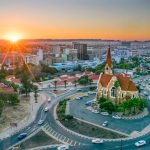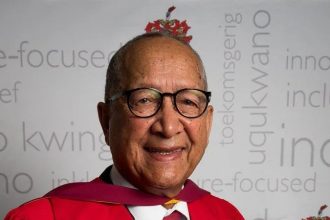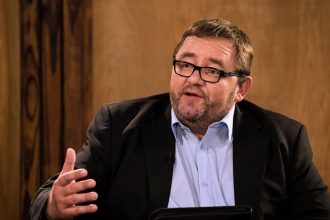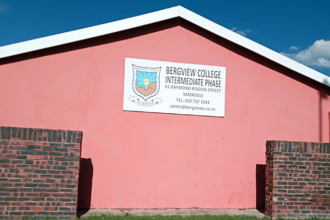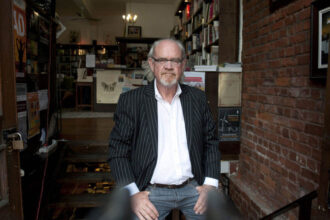Veteran journalist and political analyst Max du Preez has strongly criticized AfriForum and Solidarity, arguing that the organizations do not speak on behalf of all Afrikaners. His comments follow recent political tensions after former U.S. President Donald Trump signed an executive order freezing assistance to South Africa over the controversial Expropriation Bill.
Trump’s decision included a statement suggesting that Afrikaners could be granted refugee status in the U.S. due to alleged racial discrimination. According to the South African Chamber of Commerce in the U.S. (Saccusa), 67,042 people have already registered on their website, showing interest in Trump’s offer.
Du Preez, however, laid blame on AfriForum, accusing them of lobbying Trump to impose sanctions on South Africa.
‘I Did Not Give Them a Mandate’ – Du Preez
Speaking on Newzroom Afrika, Du Preez made it clear that he rejects the notion of Afrikaner victimhood.
“I am a white person, I self-identify as an Afrikaner, I am not a victim, I am privileged. My people’s culture and language have flourished since 1994, and we are all wealthier,” he said.
He expressed frustration at AfriForum’s actions, stating that the organization had no right to speak on his behalf:
“I’m dealing with this absurd thing of people who I didn’t vote for, who speak on my behalf. To me, there’s a very fundamental principle of democracy and freedom, and it goes like this: ‘nothing about me without me’.”
Du Preez specifically criticized AfriForum’s CEO, Kallie Kriel, for engaging with Trump on issues affecting South Africa without a mandate from the broader Afrikaner community.
“There is this private company, a self-appointed, very wealthy company, and they do fantastic things – they build technikons and universities – but I did not sanction them to go to a foreign country to ask for sanctions on my behalf,” he stated.
- Advertisement -
Afrikaner Culture ‘Not Under Threat’
AfriForum has often claimed that Afrikaners and Afrikaans culture are under threat in post-apartheid South Africa. However, Du Preez dismissed this notion, asserting that the Afrikaans language and culture have thrived since 1994.
“Afrikaans is flourishing. If anything, indigenous African languages are the ones at risk. This idea that Afrikaners are being persecuted is simply not true.”
The Ongoing Debate
Du Preez’s remarks reignite the debate over representation and the role of Afrikaner advocacy groups in South African politics. While AfriForum continues to position itself as a voice for Afrikaner rights, critics argue that its approach fuels division rather than reconciliation.
As tensions over land expropriation and economic policies persist, the question remains: who truly speaks for Afrikaners in the new South Africa?





